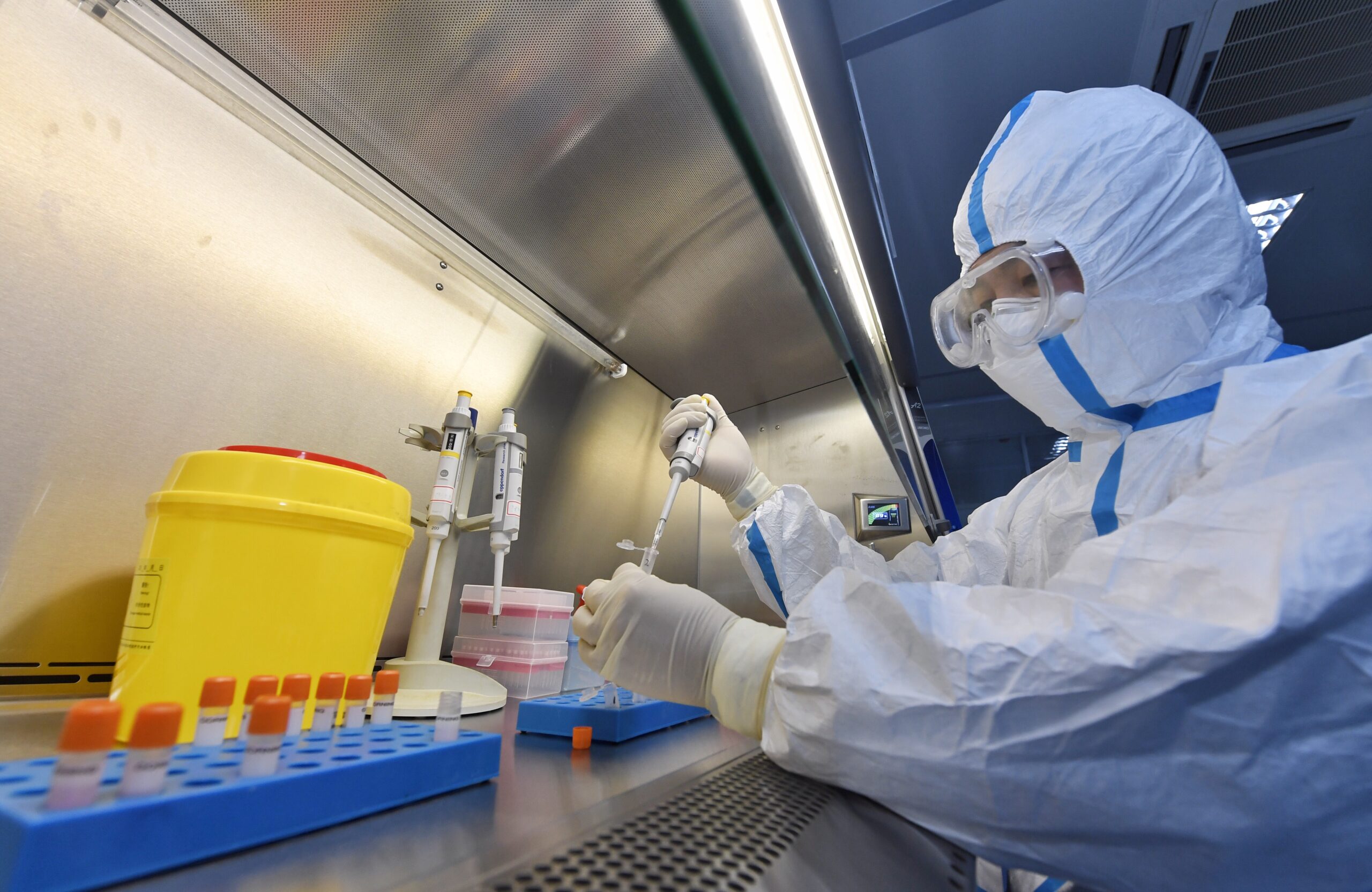NEW DELHI: In the second part of an exclusive interview, Dr Niteen Wairagkar, global pandemic and new viral diseases expert speaks to Opinion Editor Ashwin Ahmad and explains how international organisations can and should ensure the equitable distribution of the vaccine for the COVID-19 virus across the world.
Q: There are many pharmaceutical companies racing to create such a vaccine. While this is needed isn’t there also a danger that this rush can do more harm than good?
A: Vaccines are developed and given to people on the principle of what we call the ‘do no harm’ basis. This means that when giving this vaccine safety comes first and the adverse effects are minimal. This is the principle on which all regulatory authorities operate without any compromise.
The vaccine licensing process is a very stringent one where international regulatory authorities would have gone through all the available data to ensure the vaccines are safe. Without this, the vaccine will not be given conditional approval even. Everybody needs to understand that the regulatory system is very stringent, and the safety standards are very high, which is why it takes time. So, I wouldn’t listen to any rumours or media reports, but would read the regulatory authority’s evaluation report for vaccine safety.
Q: Has this been done before?
A: There have been precedents. Ten years back, during the 2009 influenza pandemic, the pandemic vaccine was developed and licensed with emergency pathways and deployed in the field. Then there was an Ebola outbreak in 2014-15 and in 2018-20, where the Ebola vaccine was given conditional approval and used in the field to control the outbreak while generating a lot of data on safety and efficacy which led to its licensure and WHO pre-qualification. So, these emergency regulatory pathways have been streamlined and I believe the same process will be followed for the COVID-19 vaccine.
Q: How will the process of regulating the vaccine begin? Say for instance a vaccine is perfected in India then what happens?
A: Each country, of course, must first go through its regulator in its own country. But in the case of this pandemic all vaccines will have to go to what we call the WHO pre-qualification pathway which evaluates if it is suitable for everyone. So, once you get approval from your country’s medical body, in the US it would be the FDA for example, you would then have to apply for WHO PQ. Once the vaccine crosses the WHO pre-qualification pathway it is suitable for all countries, particularly low and middle-income countries (LMICs). Then it can be procured through UN agencies, distributed and used in these countries through public sector programs.
Q: How does one ensure that the vaccine will be made available to lower and middle-income countries as well?
A: Once the vaccine is licensed the vaccine developer can make it available in the private sector and the private market. Each country has different regulations for this. For the public sector in lower and middle-income countries, there is a global organization called GAVI – The Global Vaccine Alliance which supports the use and deployment of these vaccines in 73 LMIC countries.
Once a vaccine is WHO pre-qualified it can be purchased through UN agencies. Usually, there is a UNICEF procurement division which procures these vaccines for Gavi eligible countries. Then this vaccine is available in the public sector. In the private sector, the developer will make it available in the market using their own sales networks and pathways.
Q: There are concerns about the high cost of the vaccine once it is developed. How do we guard against this?
A: This is a pandemic situation. Once the vaccine is developed the main question will be the vaccine manufacturing capacity. How many doses of that vaccine can be manufactured globally and how many doses will be required to protect the global population.
The global population is 7 billion so producing dosage of that amount would be next to impossible. So the steps are: increase manufacturing, get the maximum possible doses manufactured and then work on the global access, access to the vaccine where it is needed most.
The world must stand together to ensure that the vaccine is not dictated by money or where it is manufactured or who is manufacturing. No country should be in a position to nationalize the vaccine manufacturing plants. There needs to be an urgent global effort towards equitable access of COVID-19 world-over in the form of a Global COVID19 Vaccine Sharing Mechanism. A Global COVID19 Vaccine Sharing Mechanism is needed urgently to ensure equitable access to the vaccine where it is needed most and the time to start working on this mechanism is NOW.
Q: What are the international safeguards that are being put in place to ensure that the virus will be distributed equitably?
A: After the last 2009 influenza pandemic, all WHO member states signed a treaty called the Pandemic Influenza Preparedness Framework (PIP Framework) wherein they agreed to share the influenza pandemic vaccine globally. WHO subsequently worked with vaccine manufacturers and signed legally binding contracts to reserve 10-15% of global manufacturing capacity of influenza vaccines for use in LMIC countries.
This virtual stockpile has around 400 million doses available to WHO for use in these countries in case of a future influenza pandemic. We have this global mechanism, a template available which needs to be replicated to ensure global equitable access to the COVID-19 vaccine as well. All the global groups like G20, SAARC need to support a global treaty like this to ensure that vaccine reaches where it is needed most to avert mortality and morbidity during this pandemic. The time to start working on such a global mechanism is NOW.
















